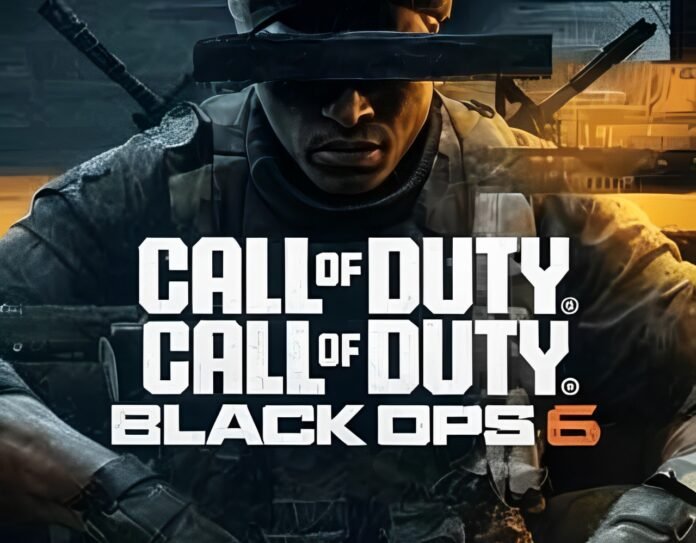EngineOwning is a name that resonates within the gaming community, though not for reasons developers or competitive players celebrate. It is one of the most notorious providers of cheat software—commonly known as “hacks” or “cheats”—for popular multiplayer video games, including titles like Call of Duty, Battlefield, and Apex Legends. Operating in a legally and ethically gray area, EngineOwning has built a reputation as a sophisticated and persistent player in the underground world of game cheating.
Origins and Operations
EngineOwning emerged as a subscription-based service offering cheat tools that allow users to gain unfair advantages in online games. These cheats include aimbots (automatic aiming assistance), wallhacks (the ability to see through walls), and other exploits that disrupt fair play. Unlike amateur cheat developers, EngineOwning operates with a business-like structure, complete with a polished website, customer support, and regular software updates to evade detection by anti-cheat systems like Activision’s Ricochet or EA’s Easy Anti-Cheat.
While the exact origins of EngineOwning remain murky—likely by design—its operators are believed to be based in Europe, with speculation pointing to Germany due to language patterns and domain registration hints. The group has cultivated a loyal user base by offering reliable, high-quality cheats and maintaining a cat-and-mouse game with game developers’ anti-cheat efforts.
Impact on Gaming
The rise of EngineOwning and similar cheat providers has had a profound impact on online gaming. For casual and competitive players alike, encountering cheaters using EngineOwning’s tools can ruin the experience, leading to frustration and declining trust in game integrity. High-profile streamers and professional players have frequently called out the proliferation of cheats, with some directly referencing EngineOwning as a key culprit.
Game developers have responded with aggressive countermeasures. In 2022, Activision won a significant legal victory against EngineOwning, securing a $14.5 million judgment and forcing the group to temporarily shut down parts of its operation. However, EngineOwning adapted, relaunching with new domains and refined software, showcasing its resilience in the face of legal and technical challenges.
Legal and Ethical Controversy
EngineOwning’s activities sit at the intersection of copyright law, digital ethics, and cybersecurity. By reverse-engineering game code and distributing cheats, the group violates the terms of service of virtually every game it targets, as well as potentially infringing on intellectual property rights. Lawsuits from companies like Activision and Bungie have accused EngineOwning of causing financial harm by driving players away from their games.
Ethically, the debate is polarized. Supporters—often the users themselves—argue that cheating is a form of rebellion against perceived flaws in game design or monetization models. Critics, including developers and the broader gaming community, see it as a selfish act that undermines the spirit of competition and community.
The Ongoing Battle
As of April 2025, EngineOwning remains active, adapting to new anti-cheat technologies and expanding its offerings to newer titles. Its persistence highlights a broader challenge for the gaming industry: the difficulty of eradicating cheat providers who operate across jurisdictions and leverage cryptocurrency for untraceable transactions.
For game developers, the fight against EngineOwning is a costly arms race, involving millions in legal fees, anti-cheat development, and player retention efforts. For players, it’s a reminder that the dream of a cheat-free online experience remains elusive.
Conclusion
EngineOwning is more than just a cheat provider; it’s a symbol of the ongoing tension between innovation, enforcement, and ethics in gaming. While its operators profit from disrupting virtual worlds, the broader question lingers: can the industry ever fully outpace those determined to break its rules? For now, EngineOwning continues to thrive in the shadows, a controversial titan in the underworld of gaming.


